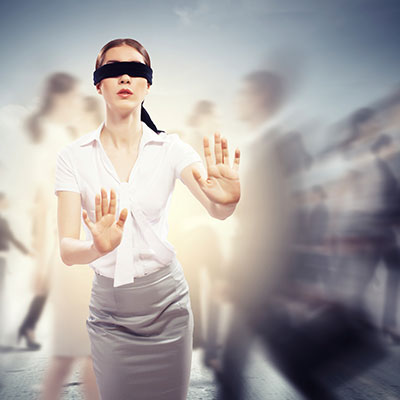Mishearing is when we think we've heard something correctly, but in fact we haven't. Since people who mishear believe they are hearing correctly it's normally impossible to know if we're mishearing ourselves. So our risk of mishearing increases the longer we go without having our hearing professionally checked.
Nobody likes mishearing. Neither the person who is on the receiving end, nor the person who's doing the mishearing.
Not only does mishearing break that continuous flow we expect from one another, but none of us like to think we're wrong, or unknowingly making a fool of ourselves.
Why does mishearing happen?
Mishearing happens because our brain does not have enough information to be able to correctly identify what it is hearing. So it tries to "fill in the missing pieces", using its lifetime of experience. But because it's educated guesswork, some of the time it's going to get it wrong – yet be totally convinced it has got it right! The more pieces missing, the more frequently we'll mishear.
It doesn't take much imagination to understand the consequences of mishearing, some far more serious than others. Because mishearing is a distortion of reality—so the longer we leave it unchecked, the greater the long term effects, including changes in how our brains works.
“Mishearing distorts. It distorts reality, remembering and relationships.”
Who’s at risk of mishearing?
Whilst it's obvious to everyone around us if we personally are mishearing (although they often won't tell us in case they offend us), we rarely notice it ourselves. Because our brain has no way to tell whether or not it has heard correctly. It just assumes that it has. It's as if our brains say, "Well, my guess makes sense to me! So it must be right!"
It's like asking a teenager to examine their own driving skills after only having studied part of the Highway Code. They may guess some things correctly, but would we want them driving on public roads?
None of us are the best judges of our own hearing. Because unless we have appropriate external validation to tell us otherwise, all of us are at risk of mishearing.
The very fact that we think we're hearing well is proof enough that we may be mishearing.
So it's much better to be safe than sorry. Just as we get our eyes and teeth checked regularly, so too our hearing.
